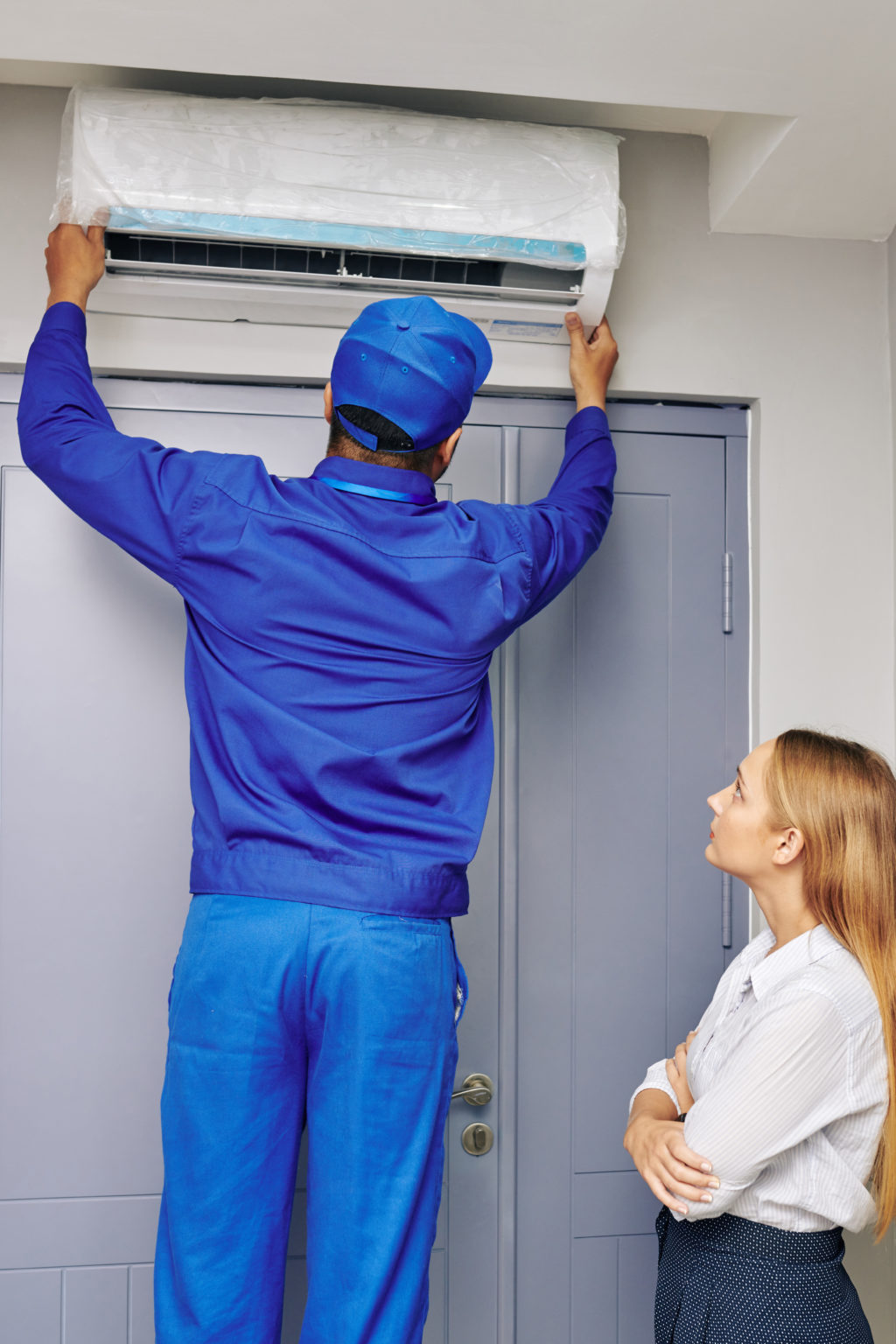Since climate change is ongoing to reshape our surroundings, its effects is being experienced across various sectors, such as heating, air flow, and air conditioning, commonly known as heating, ventilation, and air conditioning. The temperatures and changing climate conditions are driving both companies to reevaluate their HVAC systems. In this current climate, it's more crucial than before to comprehend how these systems function and how they can be optimized for greater efficiency and comfort in an adapting climate.
This article explores the intricate relationship between climate change and HVAC technology. Covering air conditioning repair in eco-friendly systems to the necessity of maintaining indoor air quality, we will cover essential information that readers can use to enhance their heating system. If you are looking to lower your utility costs, improve your home’s coziness, or adapt to changing climate, this guide will provide important information into making smart decisions about your HVAC system.
Grasping HVAC Technologies
HVAC represents heating, ventilation, & air conditioning, together represent the systems utilized to provide indoor comfort. An HVAC system is essential in regulating the desired temperature and air quality for residential and commercial spaces. It operates by employing various components such as furnaces, AC units, heat exchangers, and ventilation fans to regulate the environment. By grasping the fundamental functions of each component, residents can more deeply appreciate how these mechanisms collaborate to create a comfortable living or working environment.
The warmth aspect of HVAC units typically depends on furnaces or heat exchangers to supply warmth during colder months. Heating units burn fuel or use electricity to produce heat, whereas heat pumps move heat from outside air or the ground into the building. On the flip side, air conditioning units serve to cool indoor areas during warmer seasons. These systems work by removing heat from the indoor air and releasing it outside, often using a refrigerant to aid the heat exchange procedure. A well-functioning HVAC system ensures that the home stays comfortable throughout the year.
Air flow is an additional crucial component of HVAC units. It fulfills a vital role in maintaining indoor air quality by introducing fresh outdoor air and removing stale indoor air. Proper ventilation can help reduce indoor pollutants, allergens, and humidity levels, contributing to a cleaner environment for people. Many modern HVAC systems incorporate advanced filtration and humidity control features, additionally enhancing overall air quality and comfort. By understanding these systems, users can make knowledgeable decisions about their maintenance and upgrades, particularly in the context of shifting climate conditions.
Heating, Ventilation, and Air Conditioning Servicing and Efficiency
Routine upkeep is crucial for guaranteeing the functionality and durability of your HVAC system. Basic tasks such as changing air filters, washing ducts, and inspecting components can prevent minor issues from developing into costly fixes. A properly serviced system not only runs more efficiently but also consumes less energy, which results to lower energy bills. Scheduling seasonal tune-ups can help detect potential problems ahead of time and keep your system functioning at optimal performance.
Furthermore, understanding the specific needs of your HVAC system can improve its efficiency. Varied units may require varying maintenance routines based on their type, age, and application. Keeping an eye on the thermostat settings is also vital; adjusting it wisely can reduce strain on your system. By being diligent and mindful of these factors, homeowners can noticeably prolong the lifespan of their HVAC systems while benefiting from a cozy indoor environment.
Implementing smart technologies for tracking and controlling your HVAC can lead to even greater effectiveness. Contemporary HVAC systems equipped with intelligent thermostats allow users to monitor energy usage patterns, change temperatures via apps, and receive notifications on maintenance needs. By leveraging new solutions, homeowners can optimize their systems, making sure that they not only meet their heating and cooling requirements but also contribute to comprehensive energy conservation and cost savings.
Advancements in HVAC Technology
The HVAC industry is experiencing notable advancements driven by the need for energy efficiency and eco-friendliness. One of the most groundbreaking developments is the integration of intelligent systems into HVAC units. Smart controls and sensors allow homeowners to monitor and control their heating and cooling systems remotely, optimizing energy use and reducing costs. These gadgets learn user preferences and can adjust settings on their own based on environmental changes, enhancing comfort while minimizing energy consumption.
Another major development is the introduction of variable refrigerant flow technologies. These technologies are designed to provide precise temperature control and are more efficient than traditional HVAC systems. By using cutting-edge technology to adapt the refrigerant flow based on the heating and cooling demands of different areas, these units enhance energy savings and improve indoor comfort. They are particularly beneficial in commercial settings where diverse temperature zones are often present.
Additionally, the emergence of environmentally friendly HVAC solutions, such as geothermal systems and solar-powered systems, marks a noteworthy trend in the industry. Geothermal systems harness the constant temperature of the earth to provide heating and cooling, significantly reducing utility expenses and environmental footprint. Solar-powered HVAC systems utilize renewable energy to operate, making them an appealing option for eco-conscious consumers. These developments not only support energy efficiency but also help mitigate the adverse effects of climate change, paving the way for a sustainable future in HVAC solutions.

